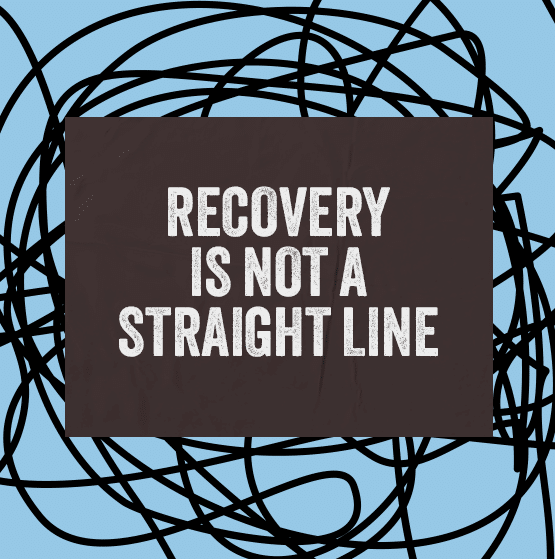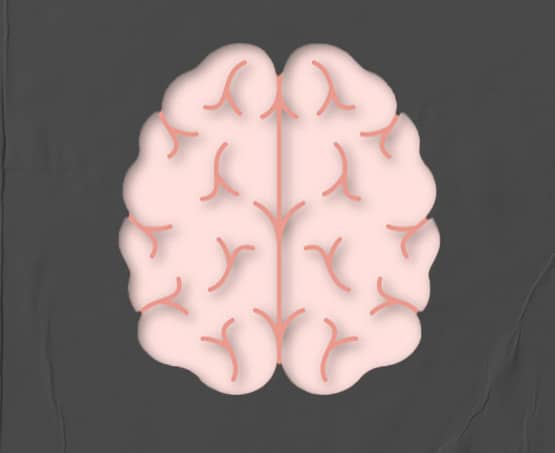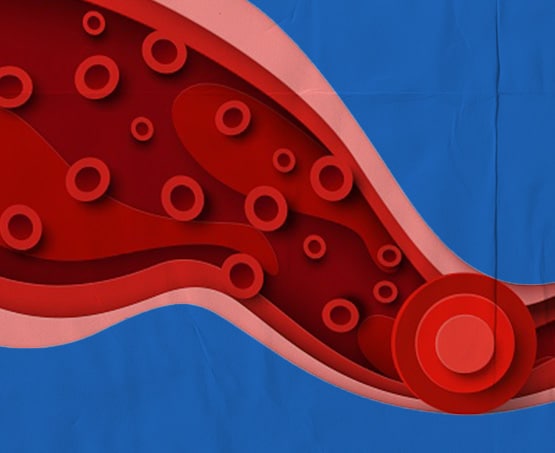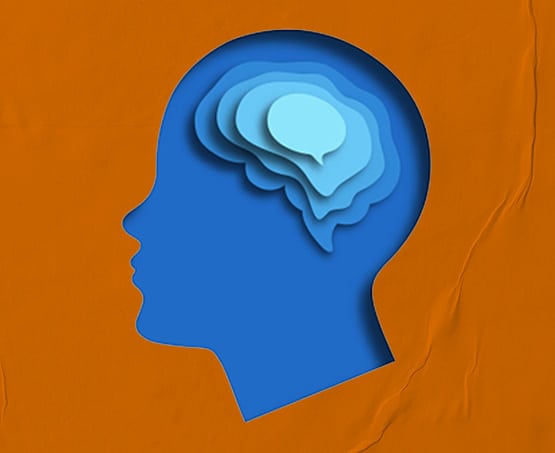An opioid overdose requires immediate medical attention. Call 911 immediately if you or someone you know exhibits any of the symptoms.
×
- Substances
- Dangers
- Naloxone
- Community Care
- How to Help
- Road to Recovery
- Videos
- About Us
- Resources
An opioid overdose requires immediate medical attention. Call 911 immediately if you or someone you know exhibits any of the symptoms.
If you are working on recovering from substance use disorder, you might experience a return to use. This does not mean you have stopped making progress.



Using opioids for a long time changes how the body makes certain chemicals that help with pain and mood. When opioids are stopped, it takes time for the body to get back to normal. This can cause withdrawal symptoms like physical discomfort, anxiety, and sadness, which might make some people return to use to feel better.

Staying on the right path can be tough, but there are helpful ways to prevent a return to use. Here are some tips:
Get support from people who care about your recovery, such as friends, family, support groups, or a counselor. A strong support system helps you stay positive on track during tough times.
Find ways to handle stress and tough feelings without using substances. Try activities that make you happy, like exercising, enjoying hobbies, meditating, or spending time with loved ones. Healthy coping skills can help you manage challenges.
Work with a healthcare professional or counselor to create a personalized return to use prevention plan. This plan should help you identify and handle situations that might lead to substance use. Set clear goals, build healthy habits, and check your progress often.
If you have chronic pain, work with your healthcare provider to find safe ways to manage it without opioids. Options might include physical therapy, acupuncture, chiropractic care, or other non-opioid medicines. Proper pain management can help you avoid needing opioids.
Taking care of yourself is important. Focus on eating healthy, exercising, getting enough sleep, and managing stress. Do things that make you feel good, like practicing relaxation exercises, journaling, or enjoying hobbies.
Learn to recognize and avoid situations or places that might trigger cravings. This might mean staying away from people who use substances, avoiding certain places, or changing your routine.
Regular counseling, support group meetings, or other treatments help you stay on track. Keep following your treatment plan and talk openly with your healthcare provider or counselor about any challenges or worries.
Resources
Know the Substances
Learn More
Resources
Know the Dangers
Resources
Know the Resources
Learn More
Resources
Know the Facts
Learn More
Resources
Know the Signs
Learn More
Resources
Know the Resources
Learn More
Resources
Know the Stories
Learn More
Resources
About Know the Dangers
Learn More
Resources